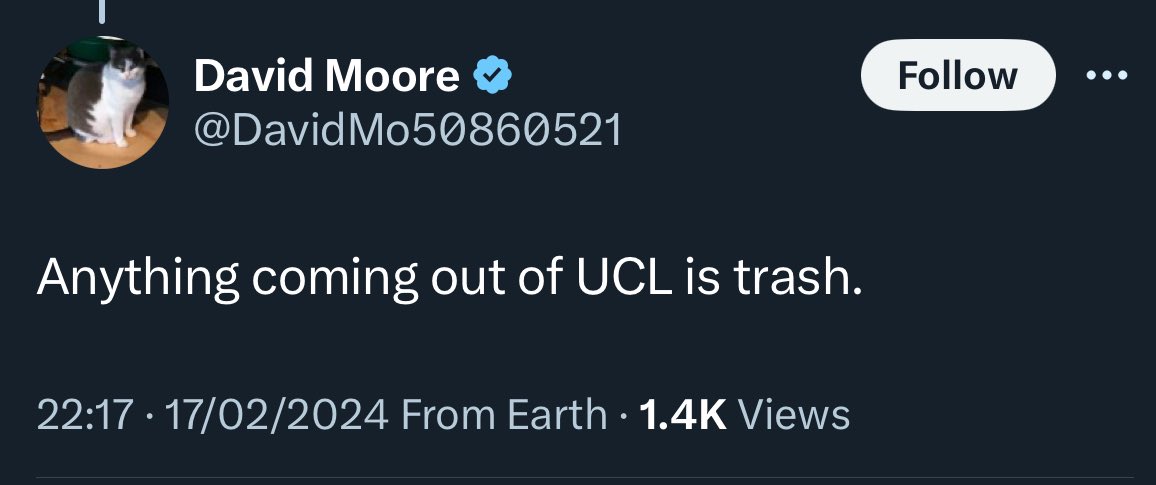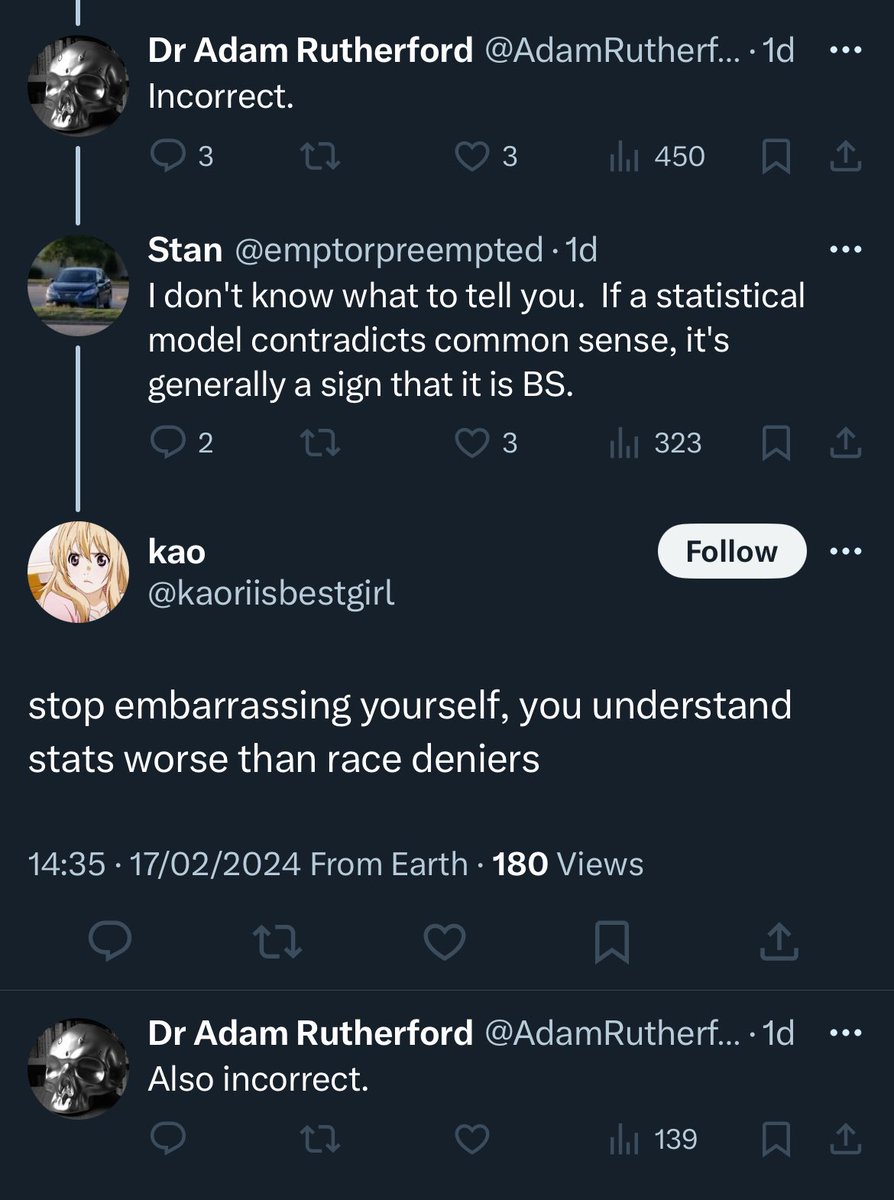#LongCovid: a thread. Back in March, I was on @BBCr4today talking to @Marthakearney about getting Covid19. I was pretty upbeat, and predicted I would be better in a few days. This alas is not what happened. I wasn’t hospitalised but, like 100s of 1000s, was seriously ill 1/n
@BBCr4today @Marthakearney Six months on, #LongCovid is beginning to be recognised. I have very mild but not inconsequential symptoms: the most common being shortness of breath and fatigue 2/n
But many others have much more serious after-effects of the initial infection. Fatigue isn’t just tiredness, but includes anxiety, PTSD and depression. We made a programme about this, on @BBCRadio4 at 11am today.
bbc.in/2S5Tdq7
bbc.in/2S5Tdq7
Others have muscle pains, and specific organ issues, such as kidney problems, tachycardia and GI tract issues. All of these are difficult to account for 4/n
The brilliant @FernRiddell describes her experiences here bit.ly/2GnT5PV
The brilliant @FernRiddell describes her experiences here bit.ly/2GnT5PV
There doesn’t (yet) seem to be a pattern that links severity of initial infection with long term symptoms. The range of symptoms is also hard to understand. 5/n
We talked to @Dr2NisreenAlwan and @IPFdoc and others about #LongCovid, and crucially about the need to account for who has symptoms, especially if like me and most, you weren't hospitalised, and aren't in the system. 6/n
There are projects out there to help account and understand #LongCovid.
@PHOSP_COVID is one 7/n
bit.ly/3cIjqEo
@PHOSP_COVID is one 7/n
bit.ly/3cIjqEo
@long_covid Get involved. #LongCovid is a serious, long term consequence of this wretched disease, and the consequences for personal health and public health are going to be significant. 9/n
• • •
Missing some Tweet in this thread? You can try to
force a refresh













